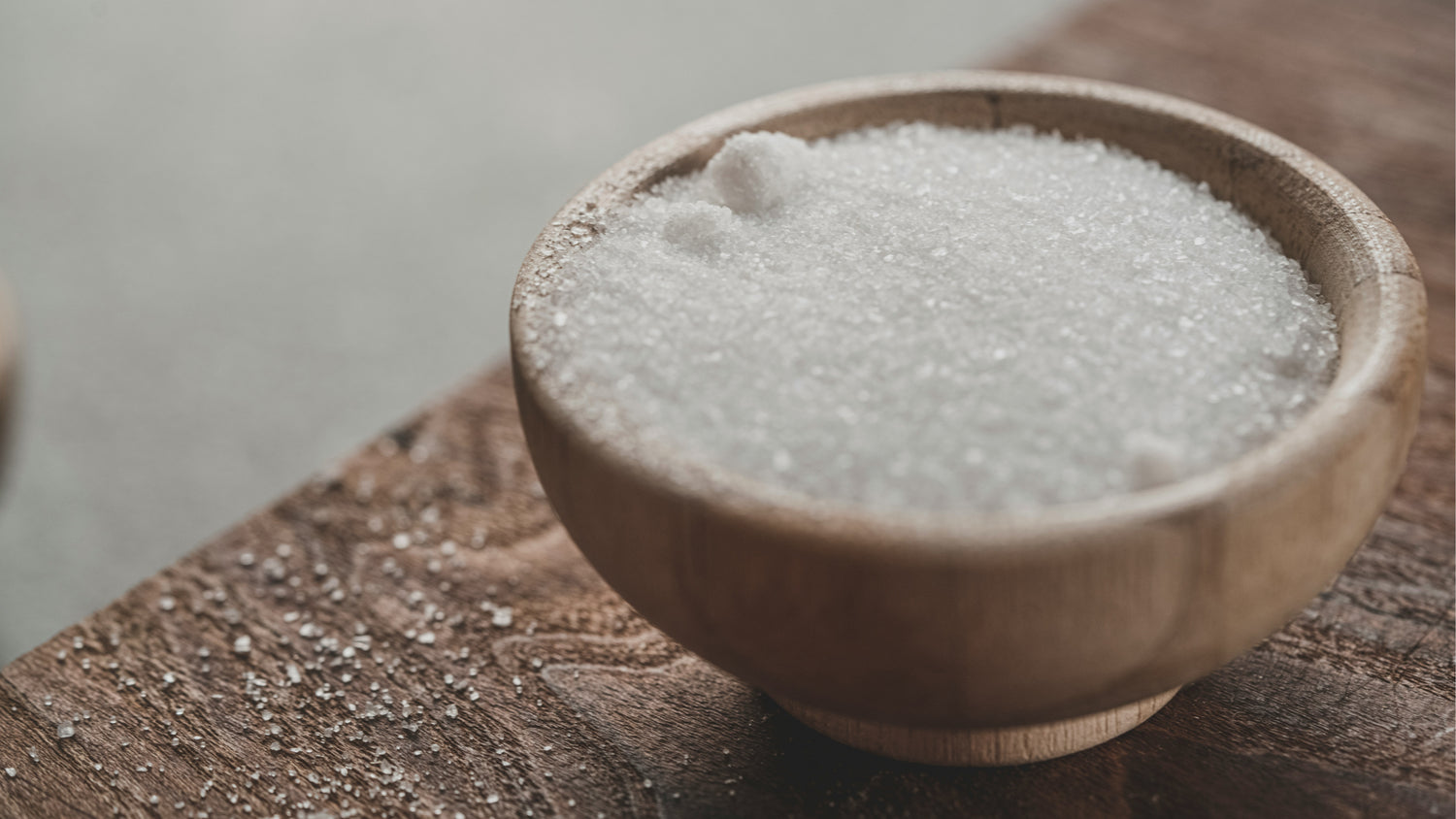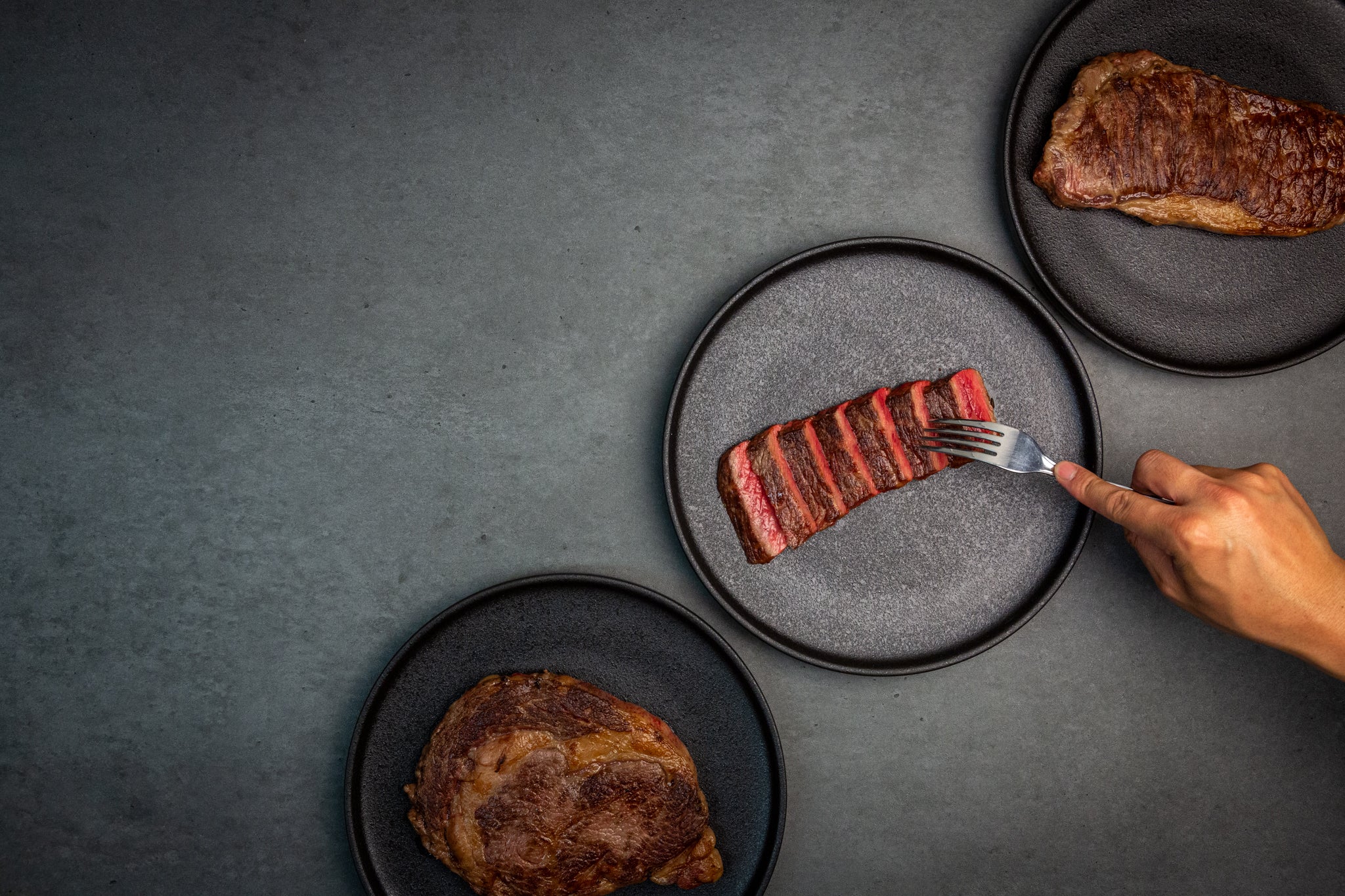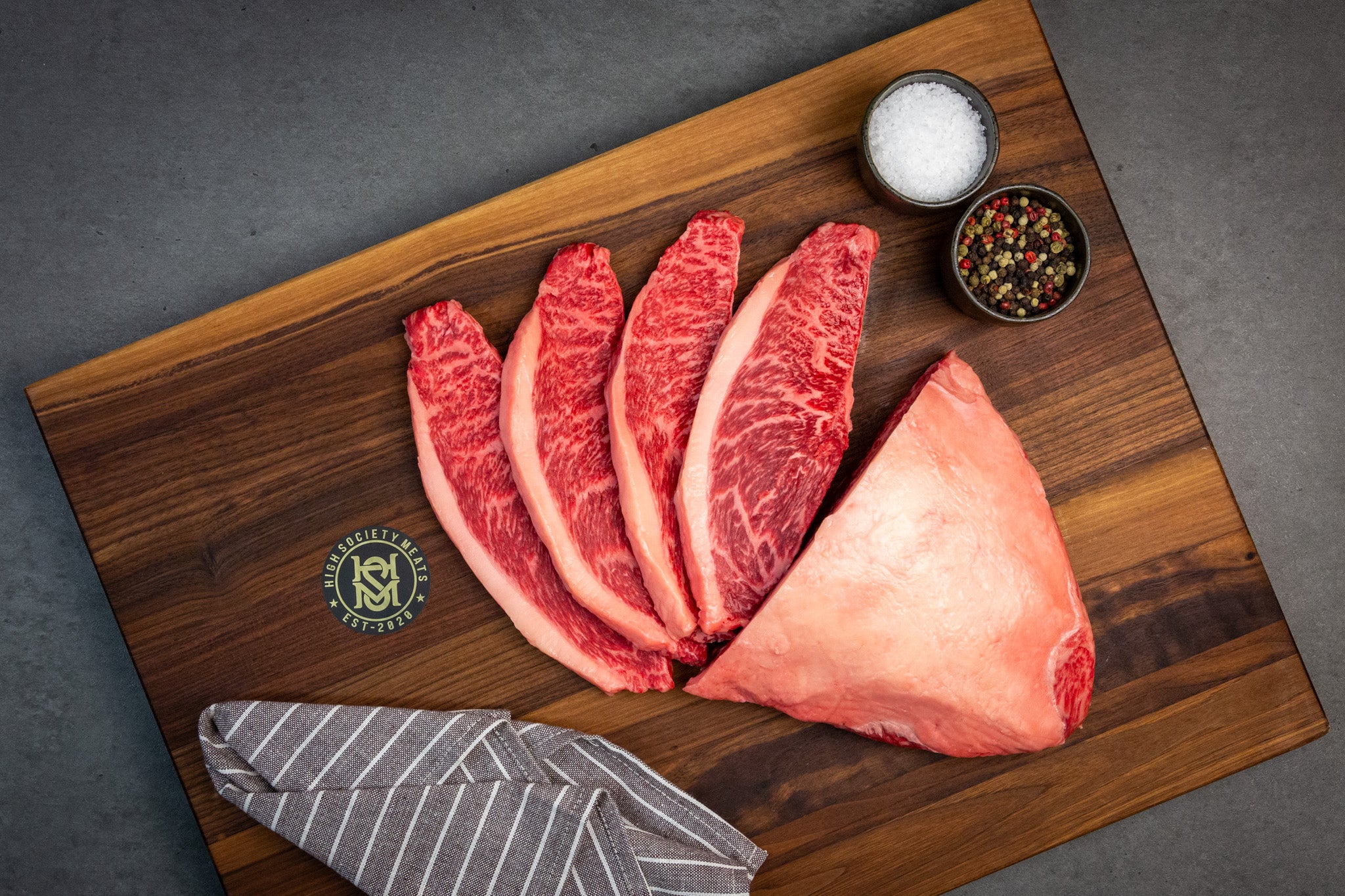Dry brining is a culinary technique that has gained popularity among food enthusiasts for its ability to enhance the flavor and texture of meats without the added moisture of a traditional wet brine. This method involves rubbing salt, and sometimes a mix of herbs, directly onto the meat and letting it rest before cooking. The simplicity and effectiveness of dry brining can elevate your cooking, making it a favorite technique for both professional chefs and home cooks.
What is Dry Brining?
Dry brining is the process of applying salt directly to the surface of meat and allowing it to rest for a period before cooking. Unlike wet brining, there's no water involved. The salt draws moisture from the meat, which then dissolves the salt, and this concentrated brine is subsequently reabsorbed, seasoning the meat deeply and aiding in moisture retention during cooking.
The Science Behind it
The science of dry brining is fascinating. The salt initially draws moisture to the surface through osmosis, creating a small amount of brine that then re-enters the meat, carrying the salt along with it. This process not only seasons the meat thoroughly but also begins to break down its proteins, particularly myosin. This breakdown results in a tender texture and allows the meat to retain more moisture during the cooking process, leading to juicier results.
How to Dry Brine
-
Choose Your Salt: Use a coarse salt, like kosher salt, for even distribution. The larger grains adhere better to the meat and dissolve more slowly, providing a more controlled brining process.
-
Season Generously: Rub the salt evenly over the entire surface of the meat. For more flavor, you can also incorporate some dried herbs.
-
Resting Time: The amount of time required for dry brining depends on the type and size of the meat. A good rule of thumb is about 1 hour per pound, but even a short brining period of a few hours can be beneficial for smaller cuts. Larger roasts or whole birds might benefit from an overnight brine or up to 48 hours.
-
Air-Dry: If possible, place the brined meat on a rack set over a baking sheet and refrigerate uncovered. The circulating air helps dry the surface, which can lead to better browning and a crisper skin when cooked.
-
Cook as Desired: After brining, cook the meat according to your preferred method. There's no need to rinse the meat, as the salt has already done its work.
Benefits of Dry Brining
- Enhanced Flavor: Dry brining intensifies the meat's natural flavors and the added seasonings penetrate deeply.
- Improved Texture: The meat becomes tenderer, as the salt modifies the protein structures.
- Better Browning: The drier surface allows for a better Maillard reaction, the chemical process that gives browned foods their distinctive flavor.
Tips for Success
- Avoid Over-Salting: Be mindful of the amount of salt used, especially for thinner cuts. The goal is to enhance, not overpower.
- Patience is Key: Allow ample time for the brining process to work its magic. The longer the meat brines, within reason, the more pronounced the benefits.
- Room for Experimentation: Feel free to experiment with adding spices and herbs to the salt mix to create unique flavor profiles.
Conclusion
Dry brining is a straightforward yet powerful technique that can significantly enhance the flavor and texture of your meats. By understanding and applying the principles of dry brining, you can achieve restaurant-quality results in your own kitchen. Whether you're preparing a special meal for the holidays or simply looking to improve your weeknight dinners, dry brining is a tool that can help you elevate your culinary creations to new heights.



Leave a comment
All comments are moderated before being published.
This site is protected by hCaptcha and the hCaptcha Privacy Policy and Terms of Service apply.